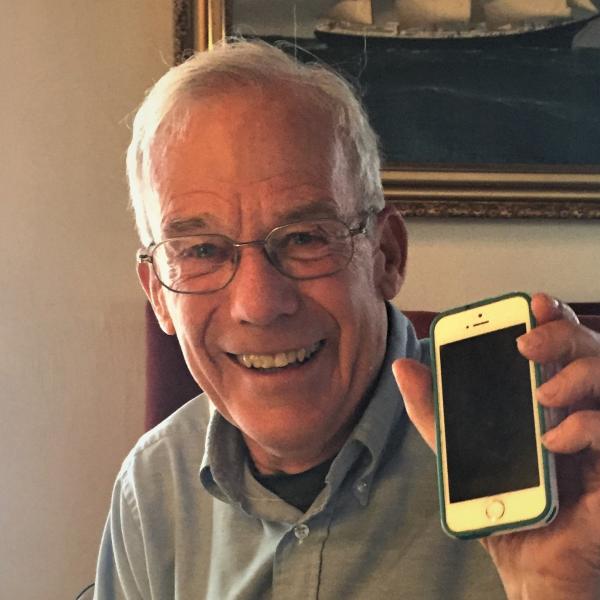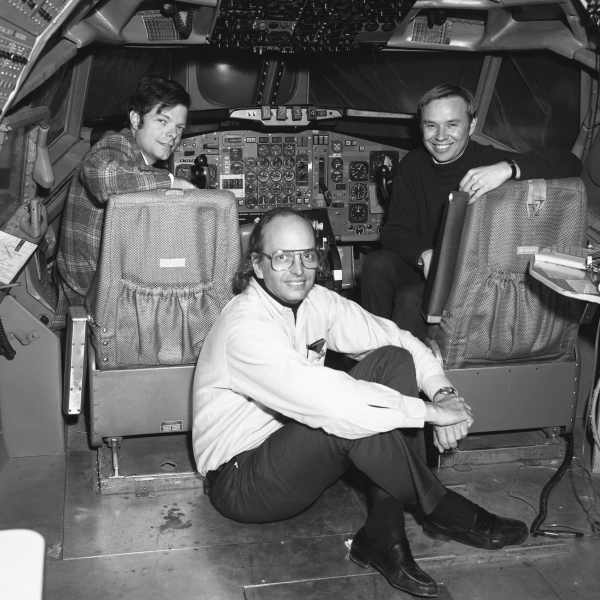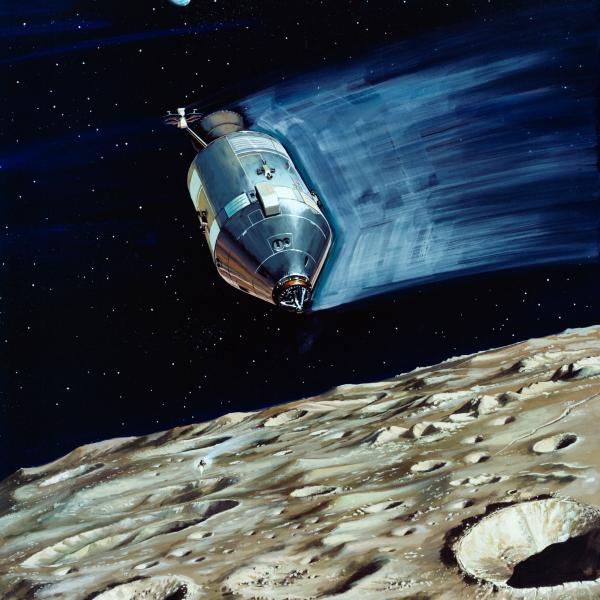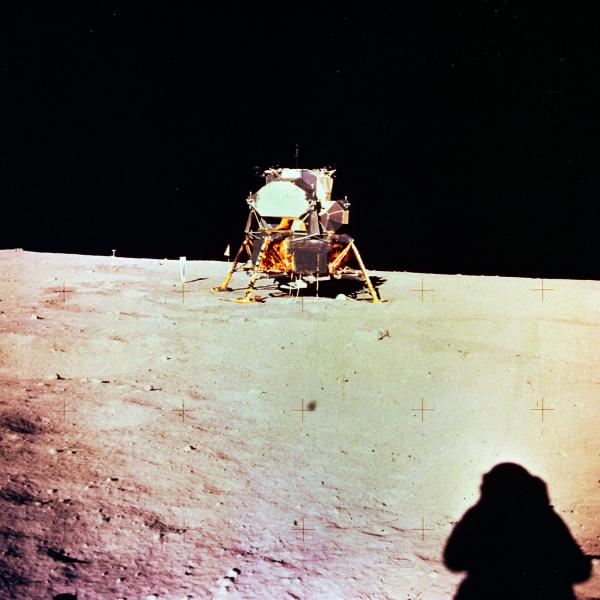
William Widnall
William "Bill" Widnall joined the Apollo program at the MIT Instrumentation Lab in 1963 after completing his bachelor's and master's degrees in 1959 and 1962 from the MIT Department of Electrical Engineering. While working on Apollo he also enrolled as a graduate student in the MIT Department of Aeronautics and Astronautics earning his doctorate in 1967. At his start, Widnall was part of the Apollo Digital Simulation Group that created the essential system for testing and debugging the software for the Apollo guidance computers in the Command Modules and the Lunar Modules. Later he became the director of the Apollo Control and Flight Dynamics Division, overseeing the final design and software testing of the digital autopilot programs in the guidance computers.
He received the Mechanics and Control of Flight Award in 1971 from the American Institute of Aeronautics and Astronautics for "pioneering in the development of digital control systems for space vehicles and the application of these techniques to the Apollo command and service modules and the lunar modules".
After the first lunar landing in 1969, Widnall joined others from the MIT Apollo team who had founded Intermetrics to exploit the new technologies. He focused on navigation applications including developing the first software for optimally integrating GPS and inertial measurement unit data
He was an associate professor at MIT in the Department of Aeronautics and Astronautics from 1978 to 1985, developing and teaching graduate subjects in modern estimation and control theory and digital control systems, as well as an undergraduate laboratory subject in the use of digital computers in real time control applications.



